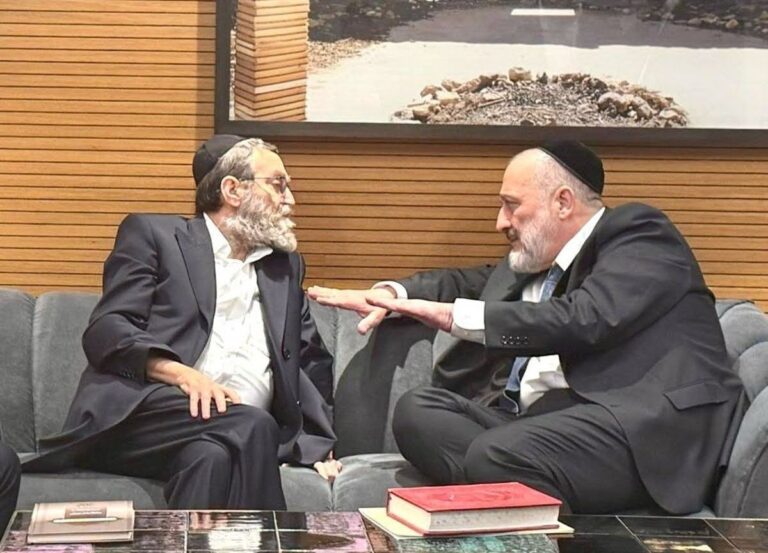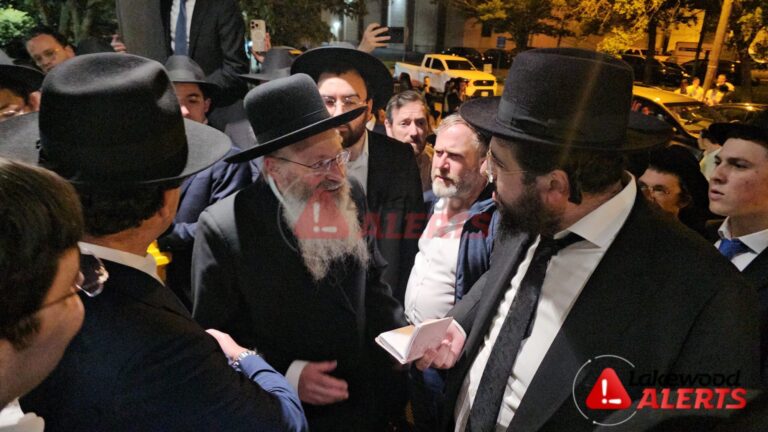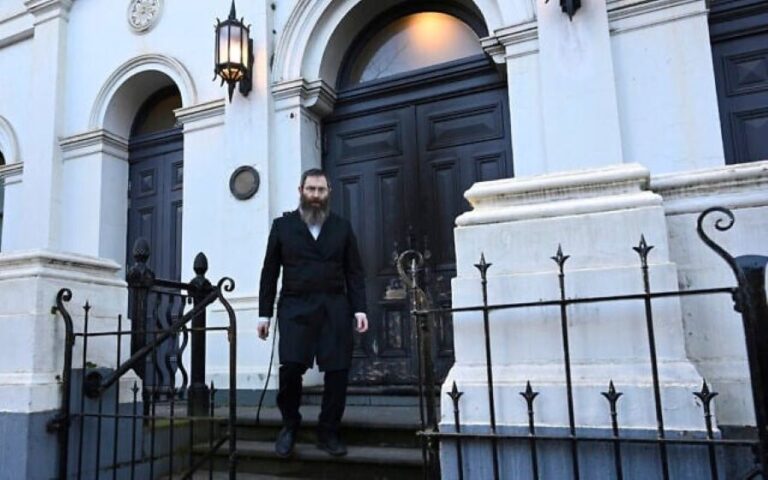A judge presiding over a criminal case against a wealthy Turkish businessman said Thursday he’s not sure ex-New York Mayor Rudy Giuliani can work for the defendant while his law firm represents Turkey in other matters.
U.S. District Judge Richard Berman in Manhattan asked prosecutors and a defense lawyer to submit additional information to the court before he decides if Reza Zarrab can keep his attorneys despite potential conflicts of interest. Zarrab, who has pleaded not guilty to violating sanctions against Iran, hired Giuliani and ex-Attorney General Michael Mukasey to work on a diplomatic solution to the case.
Prosecutors say he processed hundreds of millions of dollars illegally for Iranian businesses or Iran’s government.
“I need to know who is looking out for Mr. Zarrab at any negotiation Mr. Giuliani or Mr. Mukasey might be engaged in,” Berman said. “It’s of concern to me.”
Zarrab, 33, is a well-known personality in Turkey who is married to Turkish pop star and TV personality Ebru Gundes.
Giuliani and Mukasey met with Turkey’s president, Recep Tayyip Erdogan, and have said they intend to speak with U.S. officials to see if the case can be resolved outside court.
Assistant U.S. Attorney Sidhardha Kamaraju told Berman that Giuliani and Mukasey cannot claim attorney-client privilege over their negotiations because they are not representing Zarrab in court against criminal charges.
Attorney Ben Brafman, Zarrab’s courtroom lawyer, said the lawyers could claim a work-product privilege that gives them a measure of secrecy. Kamaraju acknowledged that may be true.
As Brafman spoke, he created a hypothetical that referenced President Donald Trump when he said the work-product privilege could be cited if the lawyers speak with “the president of the United States or the president of Turkey.”
Erdogan and Trump are scheduled to meet Tuesday in Washington. Trump recently congratulated Erdogan on winning a national referendum greatly boosting the powers of his office. The praise drew sharp criticism that Trump was supporting leaders who rule through autocracy.
Giuliani, the city’s Republican mayor from 1994 to 2001, served as a close adviser to Trump and frequently spoke at his campaign rallies last year.
At a bail hearing last year, prosecutors said criminal charges brought against Zarrab in Turkey in 2013 were dropped after Erdogan, then Turkey’s prime minister, reportedly applied political pressure that resulted in the firing of prosecutors in Turkey who brought the charges. Prosecutors said those charges pertained to a massive bribery scheme allegedly executed by Zarrab and others involving the payment of tens of millions of dollars to cabinet-level government officials and high-level bank officers to facilitate Zarrab’s transactions benefiting Iran.
On Thursday, Brafman offered to provide prosecutors more information about Giuliani and Mukasey’s efforts.
The judge was critical last week of affidavits provided to the court by Giuliani and Mukasey, saying they were dismissive of the seriousness of criminal charges facing Zarrab.
Giuliani and Mukasey said none of the transactions Zarrab was alleged to have participated in involved weapons, nuclear technology or contraband. Instead, they said, the transactions involved “consumer goods.”
The judge said the affidavits “appear surprisingly disingenuous in failing to mention the central role of Iran in the indictment and indeed failing to mention Iran at all in their affidavits.”
The question of potential conflicts of interest arose weeks ago when prosecutors pointed out that Giuliani and Mukasey both worked for law firms that have represented banks considered victims in the Zarrab case.
Giuliani’s law firm is registered as a foreign agent for Turkey.
Brafman said neither Giuliani nor Mukasey ever individually represented Turkey.
(AP)











